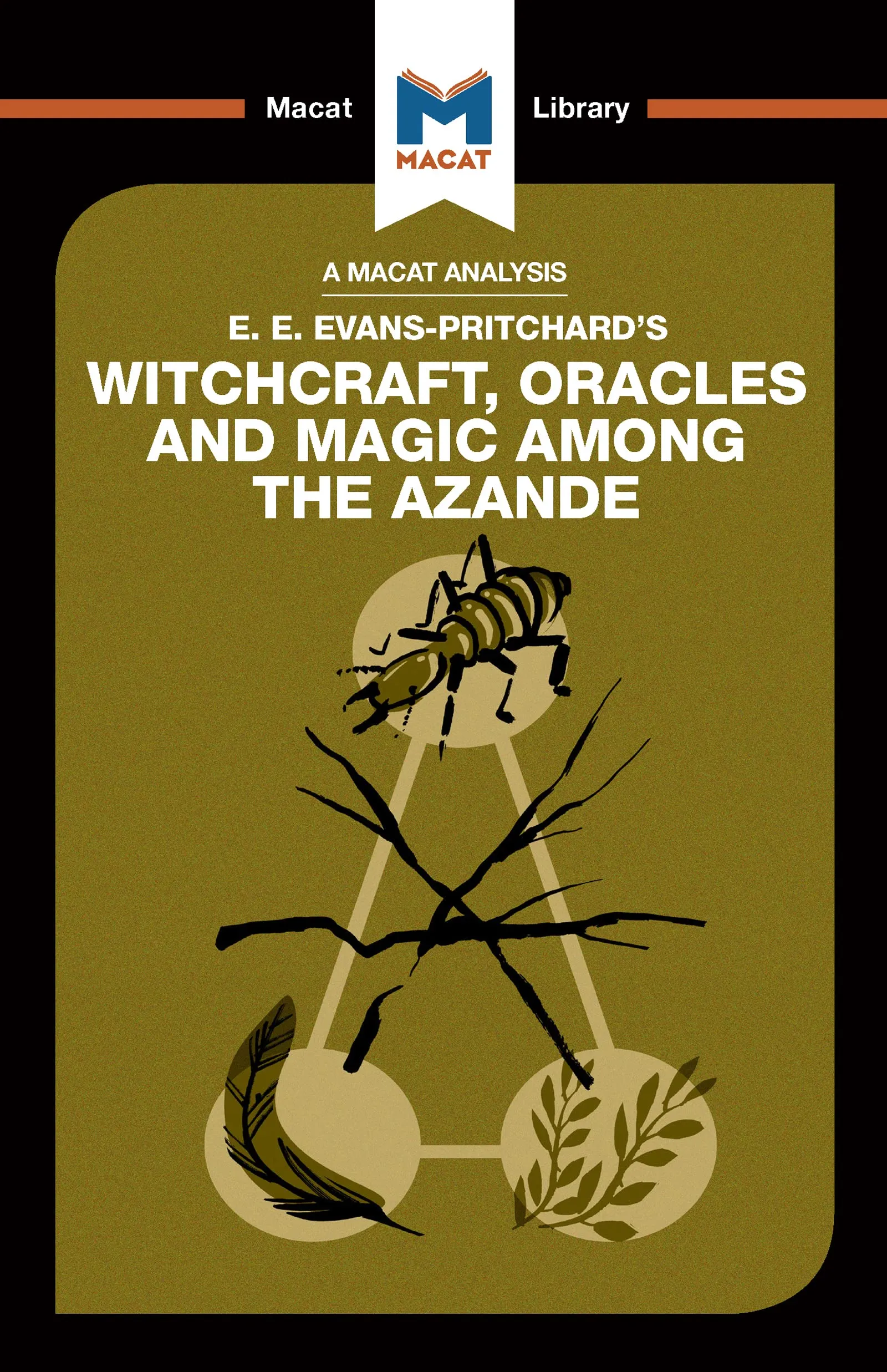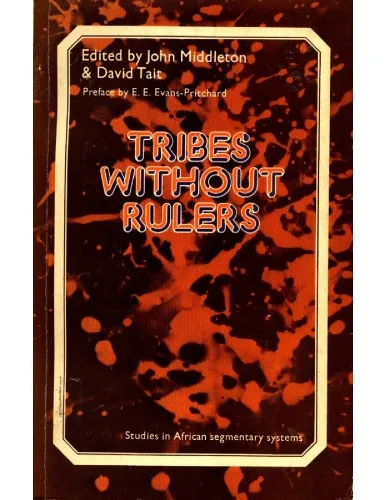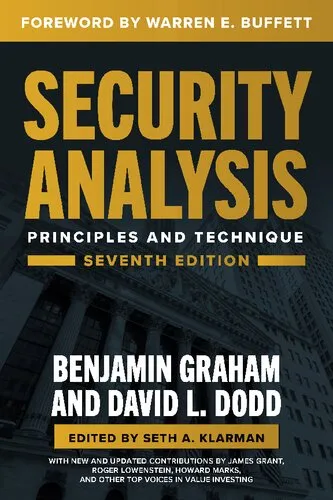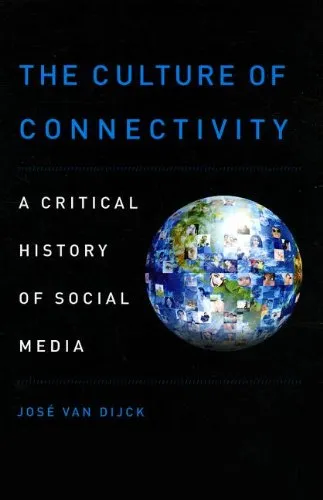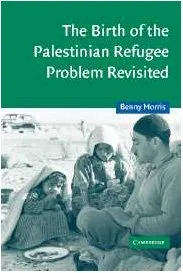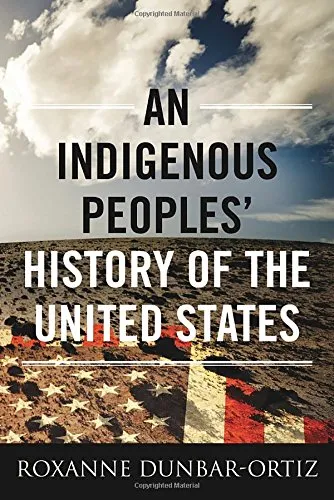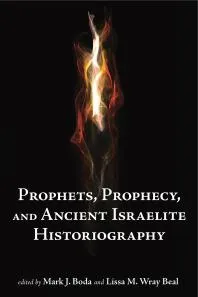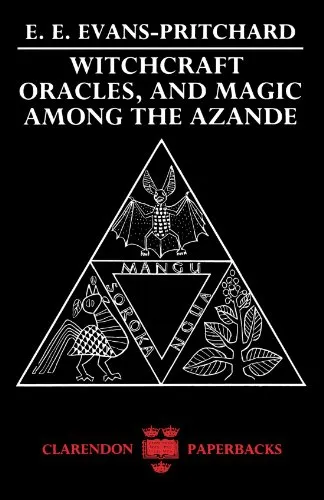An Analysis of E.E. Evans-Pritchard's Witchcraft, Oracles and Magic Among the Azande
4.0
Reviews from our users

You Can Ask your questions from this book's AI after Login
Each download or ask from book AI costs 2 points. To earn more free points, please visit the Points Guide Page and complete some valuable actions.Related Refrences:
Introduction
Welcome to 'An Analysis of E.E. Evans-Pritchard's Witchcraft, Oracles and Magic Among the Azande'. This book serves as an insightful exploration into anthropologist E.E. Evans-Pritchard's seminal work, which delves into the spiritual and social dynamics of the Azande people of Central Africa. With its groundbreaking insights into the interplay between belief systems and cultural practices, Evans-Pritchard's study remains a cornerstone of anthropological literature. In this analysis, we aim to break down the key elements of his research and examine their enduring relevance in today's discussions on tradition, belief, and society.
Detailed Summary of the Book
Evans-Pritchard's 'Witchcraft, Oracles and Magic Among the Azande' is a comprehensive account of the intricate belief systems of the Azande tribe, predominantly found in present-day South Sudan and the Democratic Republic of the Congo. Through meticulous fieldwork, Evans-Pritchard uncovers the societal role of witchcraft, oracles, and magic within this community. He observes that for the Azande, witchcraft is not merely a set of irrational beliefs but an integral social framework that provides explanations for misfortune, governs behavior, and upholds moral order.
The book discusses how the Azande employ three main types of oracles—the termite oracle, the rubbing-board oracle, and the poison oracle—to make crucial decisions. Each oracle serves a specific function and is trusted to resolve different kinds of uncertainty, from daily decisions to significant communal matters. By conducting detailed analyses of these practices, Evans-Pritchard illustrates how belief in the supernatural is deeply intertwined with the logical and practical aspects of daily life.
Furthermore, the book challenges Western preconceptions of 'primitive' societies as fundamentally irrational. Evans-Pritchard's work compels readers to reconsider the universality of logic and rationality, by demonstrating that the Azande's mystical beliefs are underpinned by their own form of pragmatism and coherence.
Key Takeaways
- The Azande's belief systems are logical within their own cultural context.
- Witchcraft for the Azande acts as both a social regulator and an explanatory framework for misfortune.
- Oracles and magic are employed in a structured manner and are an essential part of the societal decision-making process.
- The study marks a shift in anthropology from ethnocentric judgments towards cultural relativism.
Famous Quotes from the Book
"The Azande form a closed society and the explanations of their own behavior must be found within their own culture."
"To us, the co-existence of these two contradictory beliefs seems absurd. Why should the Zande not see their contradiction?"
Why This Book Matters
Evans-Pritchard's work is of significant scholarly importance as it challenges the biases of the early 20th century, which frequently dismissed non-Western cultures as primitive or irrational. By treating Azande belief systems as coherent within their own cultural environment, Evans-Pritchard set a precedent for modern anthropological practice and theory, contributing significantly to the development of cultural relativism.
Moreover, this exploration provides us with invaluable perspectives on how human societies construct meaning from their surroundings and circumstances. It encourages readers to approach cultural beliefs and practices with openness and a readiness to understand them on their own terms, irrespective of their divergence from our own realities.
Free Direct Download
You Can Download this book after Login
Accessing books through legal platforms and public libraries not only supports the rights of authors and publishers but also contributes to the sustainability of reading culture. Before downloading, please take a moment to consider these options.
Find this book on other platforms:
WorldCat helps you find books in libraries worldwide.
See ratings, reviews, and discussions on Goodreads.
Find and buy rare or used books on AbeBooks.
1422
بازدید4.0
امتیاز0
نظر98%
رضایتReviews:
4.0
Based on 0 users review
Questions & Answers
Ask questions about this book or help others by answering
No questions yet. Be the first to ask!
